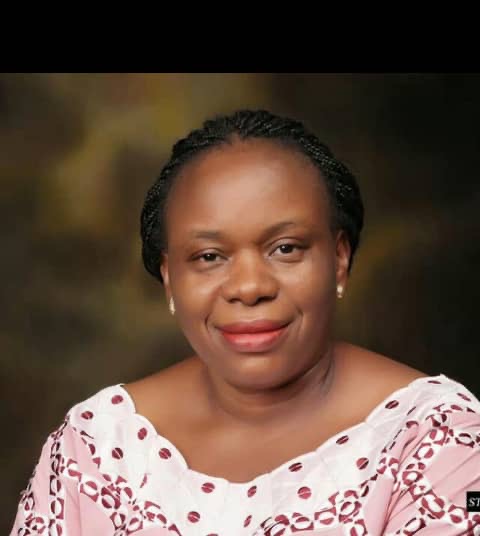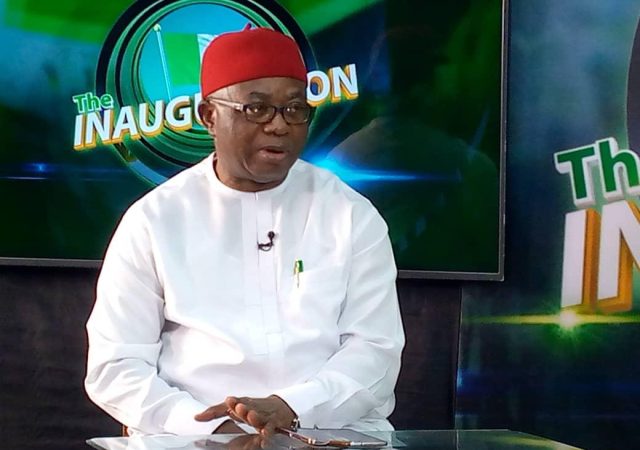
Mabel Adinya Ade
As the world marks World Day Against Human Trafficking, we are once again reminded of the deeply troubling and worsening crisis of human trafficking and modern-day slavery in Nigeria. What was once unthinkable is now becoming commonplace, children are being stolen and sold, women and girls are trafficked for sex slavery and forced labour, baby factories imprison young women, and most horrifically, lives are being destroyed for organ harvesting.
The methods used by traffickers have grown more deceptive and sophisticated cloaked in fake promises of education, employment, and care. The perpetrators exploit poverty, ignorance, displacement, insecurity, and widening ungoverned spaces, while laws and preventive mechanisms remain either absent or weakly enforced.
In our collective silence, the traffickers thrive. But there is hope. Through relentless advocacy under the USAID Palladium SCALE Counter Trafficking in Persons (CTIP) Project, the Adinya Arise Foundation (AAF) and its Cluster members: ECJP, NUJ Taraba, GERI, OSA Foundation, and JDPC Ibadan have continued to push back. Even after USAID’s funding concluded, we did not stop.
Today, we stand proud of our efforts: Taraba State has passed the Prohibition Against Human Trafficking Bill into law, Benue State has passed the Bill through second reading, and the movement continues across Nigeria. This is not a fight for a few. It is a national emergency and we call on all stakeholders to join the fight against human trafficking.
The Federal and State Ministries of Women Affairs and Social Development must scale up prevention, rescue, rehabilitation, and reintegration frameworks, NAPTIP needs adequate funding and political support to expand its reach and strengthen coordination across states, and the Ministry of Justice, at federal and state levels, must push for stronger legislation, prosecution of offenders, and implementation of victim-centered justice systems.
In addition, Law enforcement, immigration, judiciary, health and social workers need capacity-building and trauma-informed tools to handle victims compassionately and effectively, while well-functioning inter-agency referral network must be established and monitored. Above all, Nigeria needs a comprehensive legal and institutional framework to break the chain of human trafficking and protect the dignity and rights of every citizen.
No one can do it alone. That is why we call for an International Coalition Against Human Trafficking in Nigeria governments, civil society, media, private sector, faith-based organizations, and donors must join hands now.
In our own small corners, we are contributing our quarter. Let history remember that we rose, we spoke and we acted.
Human Trafficking is not just a crime. It is a crime against humanity. Let us unite to stop it now.
Mabel Adinya Ade is the Executive Director, Adinya Arise Foundation (AAF), 8 Eket Close Area 8 Garki Abuja –FCT, Nigeria









